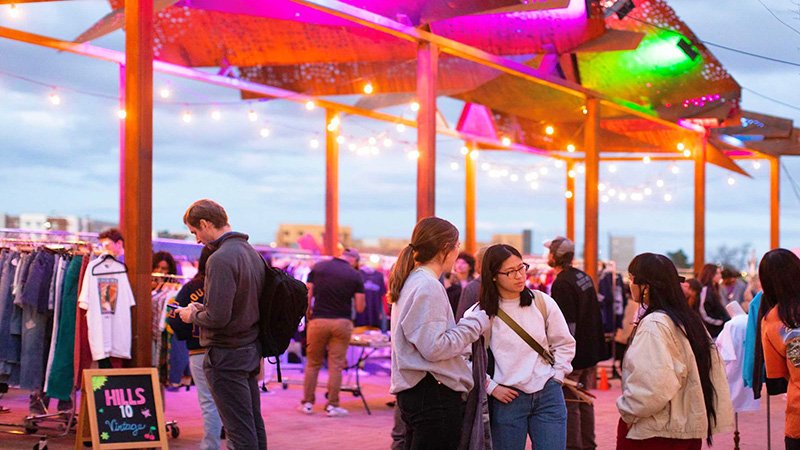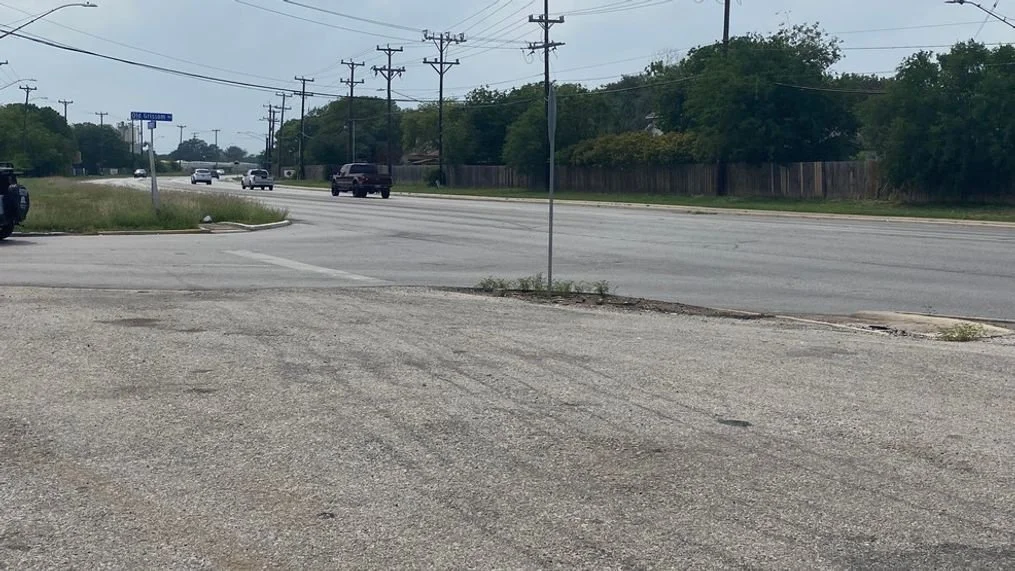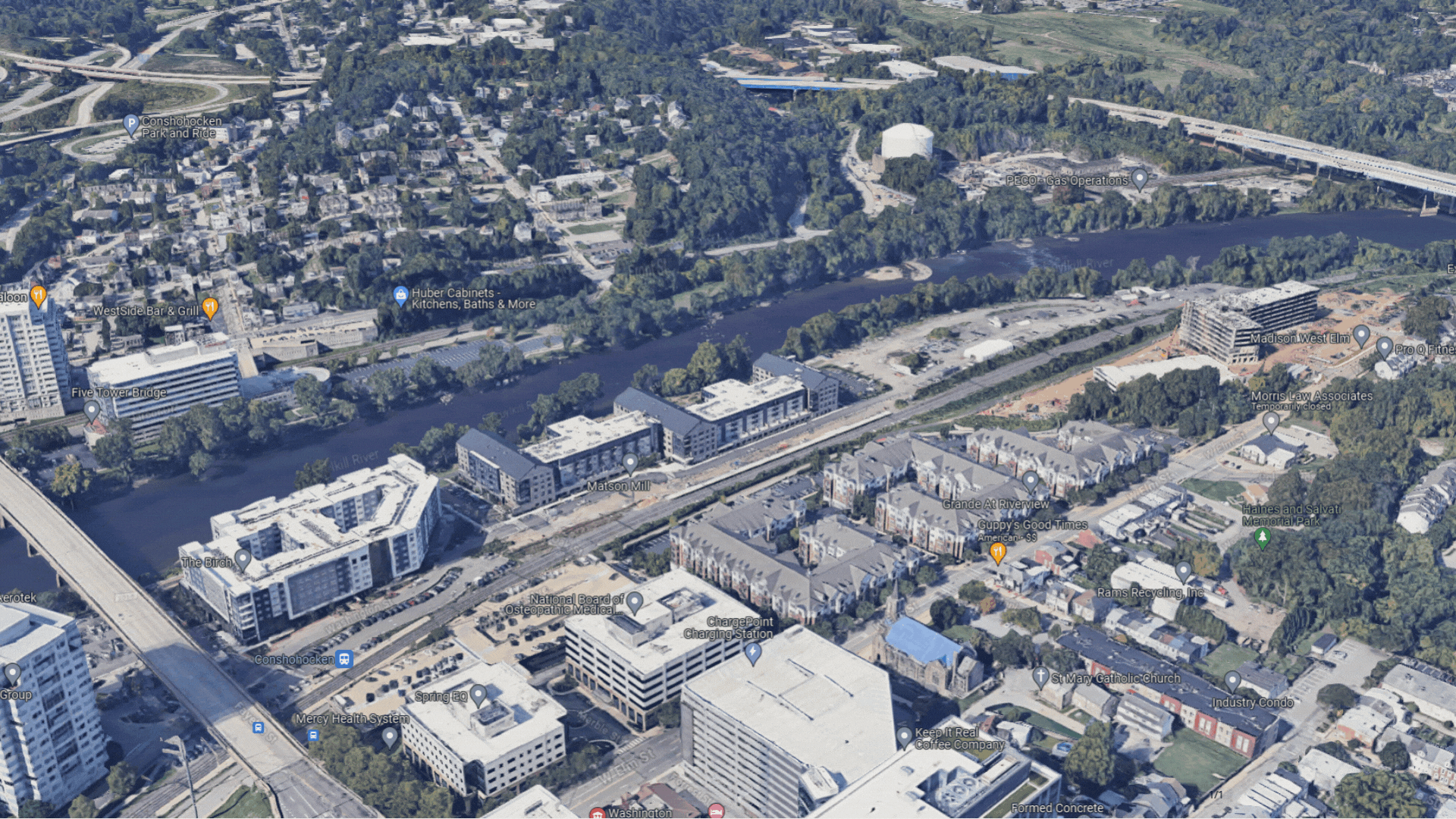Last week in Colorado, advocates for people-centered cities and incremental housing pulled off a massive win, sending a bill package full of land-use reforms to be signed into state law. Here’s how they did it.
Read MoreA new development in Tempe, Arizona, claims to be “the best place to live car-free in the U.S.” But while this development has many of the trappings of a strong town, it’s lacking one of the most important elements: resilience born from incremental development.
Read MoreIn a frustrating move for road safety advocates, Washington, DC’s, Department of Transportation has canceled its plans to add bike lanes to a major city street. The decision comes after years of delays and despite the approval of all affected advisory commissions.
Read MoreIn 2017, California passed a law that was supposed to open up new levels of incremental development. But in many cities, zoning codes still make that development near-impossible. The city of Ukiah is working to change that.
Read MoreWhen the owners of Lawrence Hall bought the abandoned building, they had a vision of reviving it into a food hall that would support small businesses and help their community thrive. They never imagined that a few parking spots would put their dream on hold for seven years.
Read MoreIn our extremely polarized political climate, it may seem impossible to get anything done. But even as federal politicians stay locked in stalemates, American governors are fighting for increased cooperation across party lines.
Read MoreA recent tweet from the POTUS saying that we need to “build, build, build” to end the housing crisis might reassure some, but there’s reason to be skeptical about how he’s suggesting we do so.
Read MoreLike so many places, Muskegon, MI, has a shortage of housing and a surplus of vacant lots. That’s why it’s enacted a program that allows it to redevelop those lots into affordable housing—at a low risk to the city.
Read MoreFor the first time, the Insurance Institute for Highway Safety conducted tests on 14 widely available versions of self-driving technology. Here’s what they found.
Read MoreMichael Schneider, founder of Streets for All and the campaign manager for Healthy Streets Los Angeles, joins us today on Upzoned to talk about the recent ballot proposal, Measure HLA.
Read MoreIn what’s anticipated to be a landslide, the people of Los Angeles just voted in favor of walking, biking, and transit.
Read MoreAmerican cities are too dependent on cars. Who says so? North Dakota Governor and former Republican presidential candidate Doug Burgum.
Read MoreA catalytic project has been proposed for downtown South Bend, IN: a mixed-use district that would include hotels, apartments, and commercial uses.
Read MoreIn the last three years alone, this San Antonio intersection has seen more than 20 crashes—several of them fatal. How long do residents have to wait before something is done about it?
Read MoreMinnesota legislators have introduced a bill that would eliminate minimum parking mandates statewide—and Strong Towns was there to cheer them on.
Read MoreSacramento City Council has unanimously approved a set of changes that will allow the California capital to meet its housing demands.
Read MoreFor the first time since 2009, the Federal Highway Administration has filed an updated version of its Manual on Uniform Traffic Control Devices (MUTCD). But how effective will it actually be in making streets safer?
Read MoreLike countless transit agencies nationwide, SEPTA has been struggling to restore ridership in the aftermath of the COVID-19 pandemic. But this certainly isn’t the right way to do it.
Read MoreTransit Alliance Miami, a transit and mobility advocacy group, hopes to encourage the development of more types of housing in Florida with draft legislation that would repeal costly parking minimums.
Read MoreThe city of Zwolle in the Netherlands has just unveiled an impressive new tool to teach its younger population to cycle safely.
Read More



















